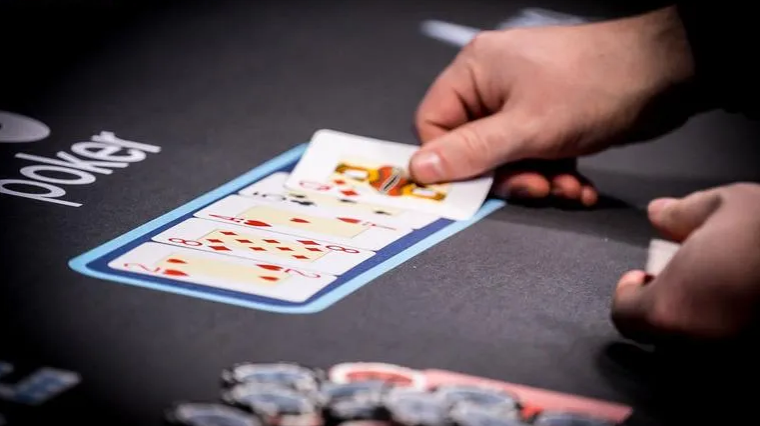
River Play Strategies in Poker: Bluffing, Value Betting, and More
So we’ve check/raised the turn while out of position – now what? Should we bet the river? If so, which hands make sense? Should we ever check/raise the river after check/raising the turn?
If you are confused about what to do on the river after check/raising the turn, you are no different than the vast majority of poker players.
With the help of a sample poker hand we will answer some of the most common questions regarding river play after check/raising the turn.
Let’s take a look at our list of questions:
- Should we bluff the river after check/raising the turn?
- Which types of hands make sense to bluff with?
- Which sizing should we use when bluffing the river?
- How often should we bluff the river after check/raising the turn?
- How wide can we value bet the river after check/raising the turn?
- Which bet sizing should we use when value-betting the river?
- How do we play mid-strength hands on the river after check/raising the turn?
- What happens if we bet our mid-strength hands on the river?
- Should we ever trap the river after check/raising the turn?
- Should we ever check/raise bluff the river after check/raising the turn?
Example Hand
Although there are countless ways that we can reach the river after check/raising turn, we’ll use the following sample hand to help us answer our river play questions.
200bb effective stacks.
BTN opens to 2.5bb.
BB cold-calls.
Flop: Th9h5d (Pot 5.5bb)
BB checks.
BTN cbets 4.25bb.
BB calls 4.25bb.
Turn: 6h (14bb)
BB checks.
BTN bets 10bb
BB raises to 27bb
BTN calls 17bb
River: 2c (68bb)
BB?
Take a moment to think through the hand and decide –
Which hands would you check/raise the turn?
How would you play those hands on the river?
Let’s look at our questions.
Q1 – Should we bluff the river after check/raising the turn?
Theoretically, the answer to this question is a definite yes. Since we will be firing strong hands for value on the river, our gameplan can become very transparent if we never show up with a bluff.
In practice, it depends on our opponent. For example, if our opponent is folding the river less than he is supposed to, it may be correct for us to never bluff.
